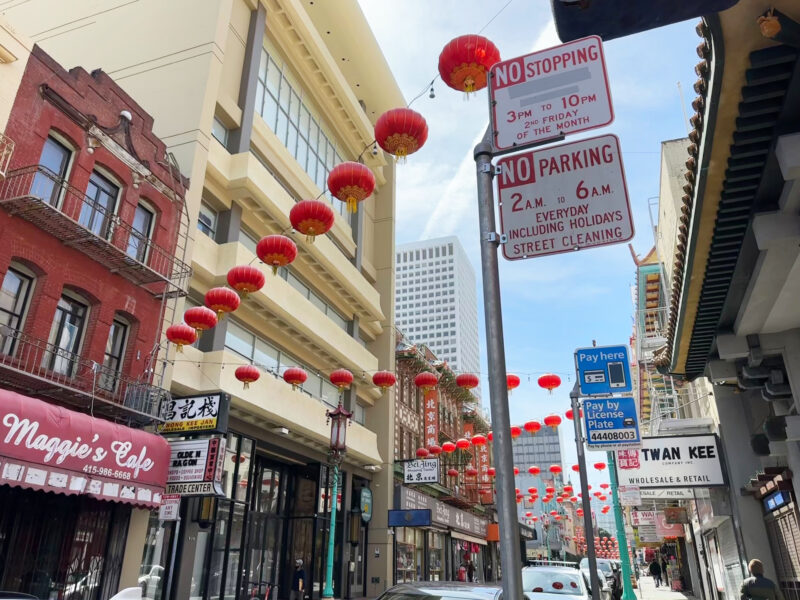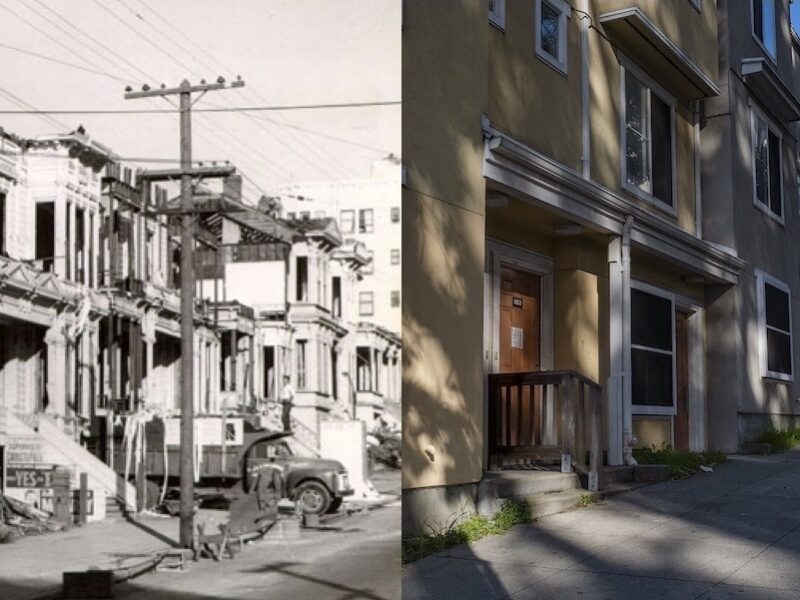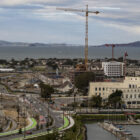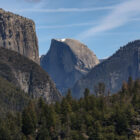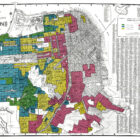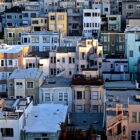The dispensary will be on one of the Bayview’s less developed streets, near low-income and senior housing. Over a dozen cannabis facilities already operate in the neighborhood, nearly all of which are used only to grow the plant.
Many residents, especially Chinese Americans, have opposed the new facility, which will sell cannabis products, out of fear that it will encourage drug use and make the area less safe. Despite their objections, the city’s Planning Commission approved the project Thursday because it did not violate city laws.


